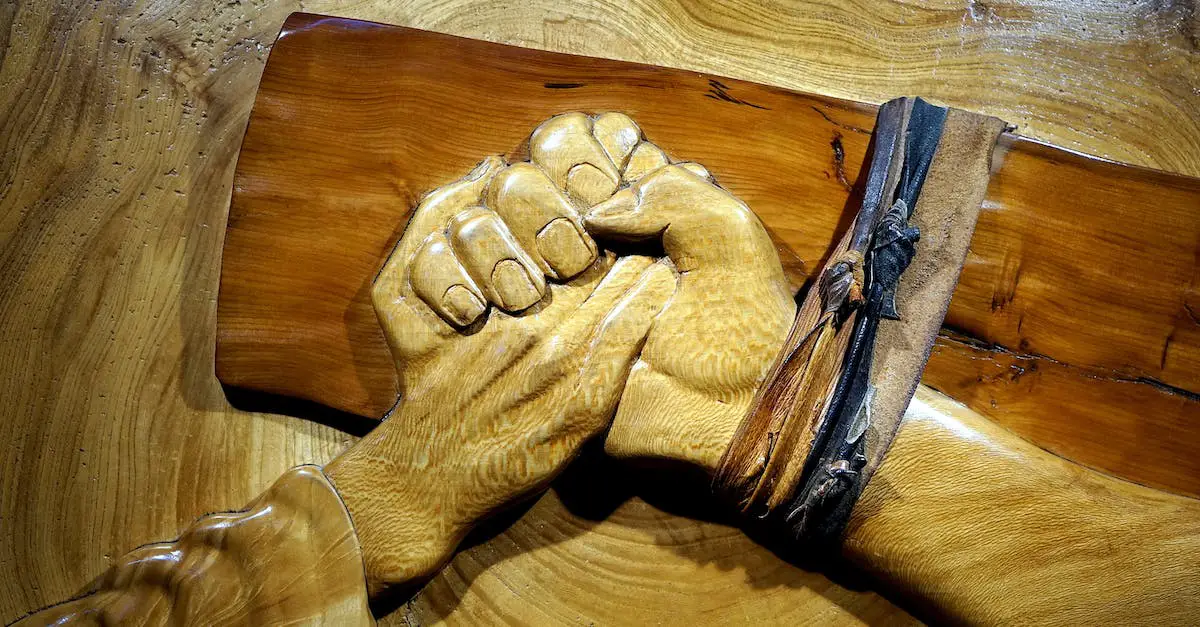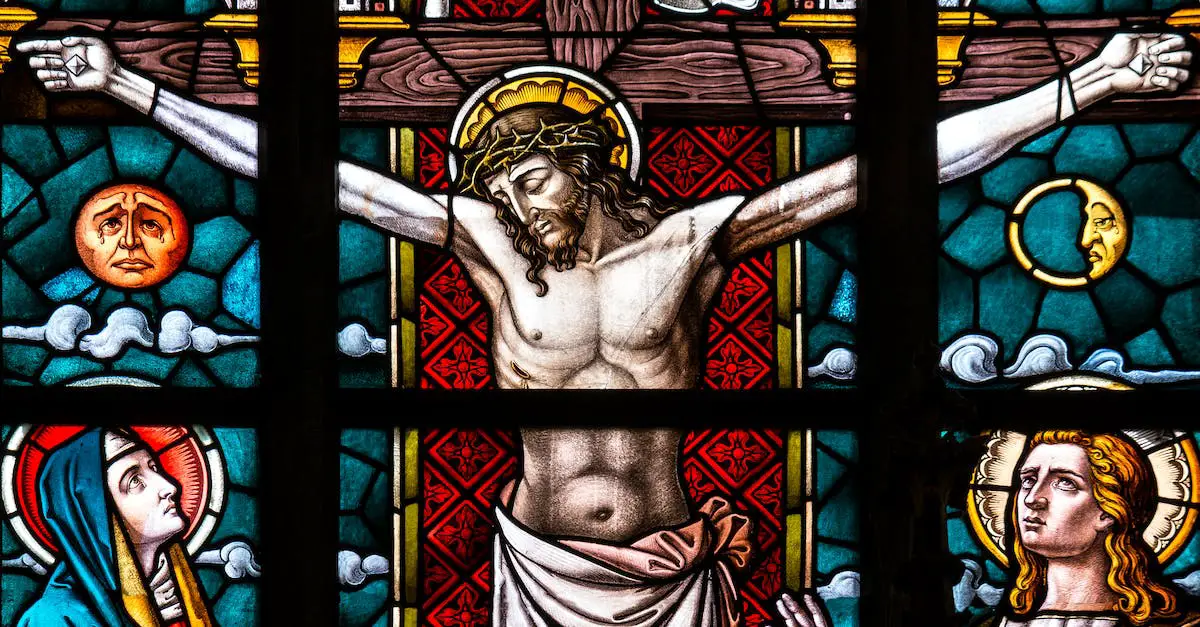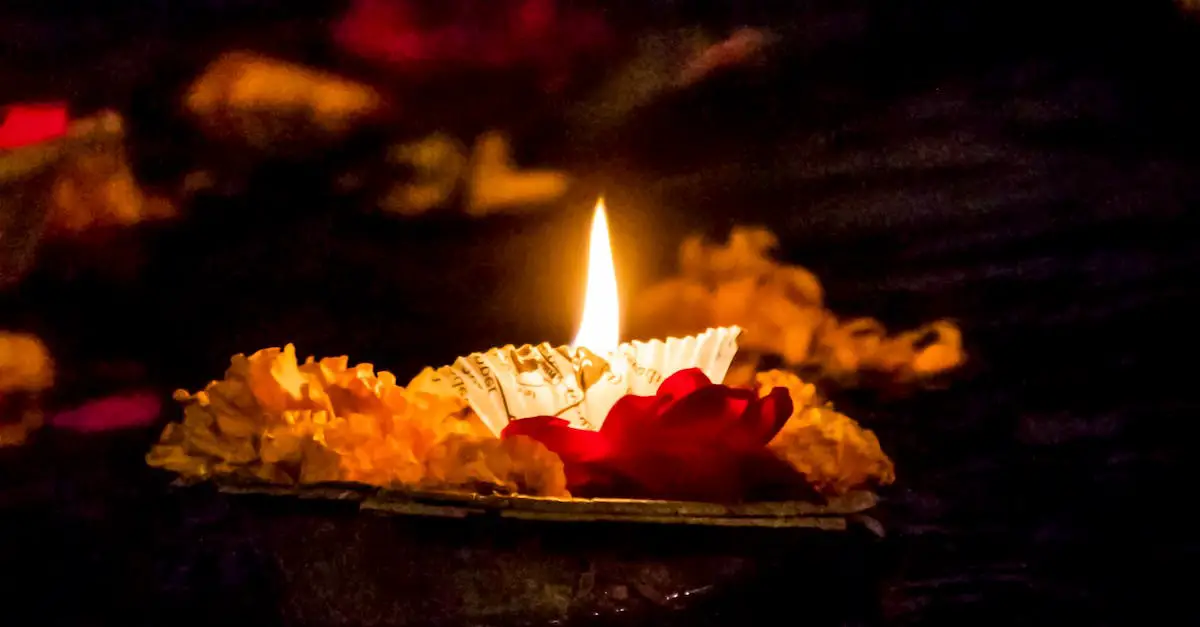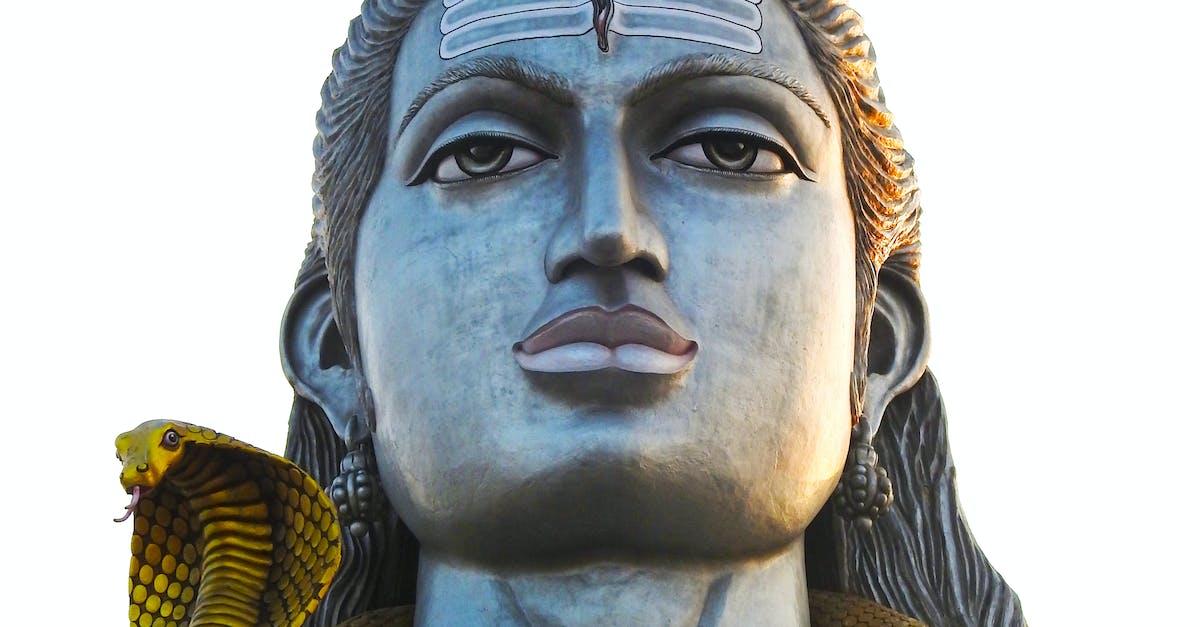Welcome, spiritual seekers! Today, we’re going to take a journey through time and explore the fascinating history of our beloved spirituality. Are you ready to dive in? Buckle up and hold on tight, because this is going to be a wild ride!
Let’s flashback to the days of our ancestors, where spirituality was deeply ingrained in their everyday lives. From tribal dances to seasonal rituals, they believed in the power of the universe and connected with it in every way possible. Fast forward to ancient civilizations such as the Egyptians, Greeks, and Romans, who worshipped deities and believed in the afterlife. Even in the modern era, spirituality has continued to evolve and take on new forms. From Buddhism to yoga, there are plenty of ways to connect with your inner being and find peace.
But let’s not forget the funnier side of spirituality! Who else has tried to meditate, only to be constantly distracted by their own thoughts? Or how about that time you tried a spiritual guru’s advice to “just let go,” only to realize they were referring to something much deeper than forgetting to pay your electricity bill?
So, my fellow spiritual enthusiasts, let’s embrace the history and humor of our spiritual journey. May we continue to connect with our inner selves and find joy in the spiritual practices that speak to us. Let’s keep the love and light shining bright!
-

Celestial Soul Eco-Friendly Tote Bag
$18.50 Select options This product has multiple variants. The options may be chosen on the product page -

Celestial Soul Women’s T-Shirt
$20.00 – $21.50 Select options This product has multiple variants. The options may be chosen on the product page
The origins of spirituality

Spirituality can be traced back to the prehistoric era where humans recognized, worshipped, and revered the natural world. It is difficult to pinpoint the exact origins of spirituality, as every culture and religion has its unique beliefs and practices. However, there are some common threads that associate spiritual practices with ancient civilizations.
One of the oldest references to spirituality comes from Ancient Sumeria around 4000 BCE, where people believed in spirits and began the act of divination. People performed rituals to propitiate spirits or gods, asking them for favors or guidance. This practice eventually evolved into more organized religions, such as Zoroastrianism.
Ancient Egypt is also known for its spiritual beliefs, which centered around their gods and the afterlife. They believed that eternal life could be achieved after death, and rituals such as mummification were performed to prepare the deceased for the afterlife.
In India, spirituality was linked with the Hindu religion, which has its roots in the Vedas, dating back to 1500 BCE. The Vedas are sacred texts that guide Hindus in their various spiritual practices, such as meditation and yoga.
Spiritual practices can also be found in the early teachings of Buddhism, which originated in India around 500 BCE. The Buddha taught that spiritual liberation and enlightenment could be achieved through meditation and following the Eightfold Path.
In summary, the origins of spirituality can be traced back to ancient civilizations where people recognized and revered the natural world and sought guidance and favors from spirits or gods through rituals and divination. These practices developed into more structured and organized religions and philosophies, such as Hinduism and Buddhism, which continue to have a significant impact on spirituality today.
Ancient spiritual practices

As we explore the history of spirituality, it’s important to acknowledge its ancient roots. Spiritual practices date back thousands of years, and the diversity of these practices is a testament to the enduring human search for connection and meaning beyond the physical realm.
Here are just a few examples of ancient spiritual practices:
- Yoga: Originating in ancient India, yoga is a practice that combines movement, breath control, and meditation to bring harmony to the mind and body. While yoga has evolved into many different styles and forms, it remains a popular spiritual practice to this day.
- Meditation: Meditation is another ancient spiritual practice that is still widely practiced today. By quieting the mind and focusing on the present moment, meditation can help cultivate inner peace, clarity, and insight.
- Shamanism: Shamanism is a practice that spans cultures and continents, originating in ancient tribal societies. Shamans are spiritual leaders who use various techniques such as drumming, chanting, and journeying to connect with the spiritual realm and facilitate healing.
- Feng Shui: Originating in ancient China, feng shui is a practice that involves arranging one’s living space in a way that aligns with natural forces such as the flow of energy, the elements, and the cycles of the seasons. By creating harmony in one’s environment, feng shui practitioners believe they can promote well-being and prosperity.
These ancient spiritual practices may have different origins and techniques, but they all offer a way to connect with something beyond the material world. Whether through movement, meditation, or energy alignment, these practices can help us access a deeper sense of meaning and purpose in our lives.
The rise of organized religion

The history of spirituality is filled with different movements and beliefs, but none have had as big an impact as organized religion. From the dawn of civilization, people have sought to understand their place in the cosmos and to connect with forces beyond the realm of the physical. This led to the creation of myths, rites, and rituals that marked the passage of time and connected individuals to the divine. However, it wasn’t until the development of the major world religions, such as Judaism, Christianity, Islam, Buddhism, and Hinduism, that spirituality became institutionalized, with leaders, dogma, and holy texts guiding the faithful.
At first, these organized religions were a source of stability, offering a moral code and a sense of community that helped people make sense of their lives. They offered hope and consolation in times of crisis and promised rewards in the afterlife for those who obeyed their precepts. Over time, however, organized religion became intertwined with politics, wealth, and power, often leading to corruption and oppression.
Despite these challenges, organized religion continues to be a major force in the world today, with billions of people adhering to its teachings and rituals. It has undergone many transformations over the centuries, adapting to new realities and incorporating new practices and beliefs, but its fundamental role as a means of connecting individuals to the divine remains unchanged. Whether you view it as a source of inspiration or a cause for concern, it is clear that the rise of organized religion has left an indelible mark on the history of spirituality.
The influence of Eastern spirituality

When it comes to the influence of spirituality, it’s hard to ignore the impact of Eastern spirituality on the world. With practices like yoga, meditation, and Buddhism gaining popularity in the West, it’s important to acknowledge the rich history and impact of Eastern spirituality.
One of the earliest and most significant influences of Eastern spirituality on the West was the arrival of Buddhism in the United States in the late 1800s. This was largely due to the efforts of scholars and thinkers like Henry David Thoreau and Ralph Waldo Emerson, who were drawn to the teachings of Buddhism and its emphasis on mindfulness, compassion, and non-attachment.
In the 1960s and 70s, the counterculture movement brought Eastern spirituality to the forefront of mainstream culture, with figures like the Beatles and Bob Dylan incorporating Eastern philosophy and spirituality into their music and lifestyles. This led to a surge in interest in practices like meditation and yoga, which were seen as a way to connect with a deeper sense of spirituality and inner peace.
Today, Eastern spirituality continues to influence Western culture in a variety of ways, from the popularity of mindfulness apps to the incorporation of yoga and meditation into workplace wellness programs. Many people find solace in the teachings of Buddhism, Taoism, and other Eastern spiritual traditions, which offer a different perspective on the nature of reality and the human experience.
So whether you’re a devoted practitioner of yoga or simply interested in learning more about Eastern spirituality, it’s clear that this ancient tradition has had a profound impact on the world and continues to inspire and uplift us today.
Modern approaches to spirituality

- Mindfulness practice: The concept of mindfulness has taken the spiritual world by storm in recent years. Mindfulness encourages us to focus on the present moment, rather than dwelling on the past or worrying about the future. This type of practice is an effective way to reduce stress, anxiety, and depression.
- Energy healing: Energy healing is a spiritual practice that involves channeling positive energy from one person to another to promote healing. This can be done through touch or even remotely. It is believed that when we are in perfect health, our energy flows freely through our body. Energy healers work to restore this flow when it becomes blocked.
- Crystal healing: This modern approach to spirituality involves the use of crystals to promote physical, emotional, and spiritual healing. Each type of crystal is believed to possess unique properties that can benefit the body and mind. Some crystals are used to relieve stress, while others help with focus or even aid in sleep.
- Nature therapy: Connecting with nature is considered a form of therapy for the soul. Spending time in nature promotes calmness of mind, reduces stress, and increases happiness levels. Walking in a forest or spending time by the ocean is considered a spiritual practice that connects us to the world around us.
- Affirmations: Affirmations are positive statements that are repeated to oneself to help shift one’s mindset. This modern approach to spirituality emphasizes the power of positive self-talk. By speaking positive affirmations regularly, one can change the way they think and feel, ultimately leading to a more positive outlook on life.
The future of spirituality

As we continue to evolve and progress as a society, the realm of spirituality will undoubtedly have its own transformations. Here are some potential developments that we may see in the future of spirituality:
- More personalized belief systems: Instead of adhering to strict religious doctrines, people may develop their own unique spiritual beliefs that align with their values and experiences.
- Greater focus on mindfulness and meditation: As we become more aware of the benefits of mindfulness and meditation, these practices may become more integrated into our spiritual practices.
- Alternative forms of healing: Traditional medicine may not always have the answers, and so people may turn to alternative forms of healing such as reiki, energy healing, and sound therapy as part of their spiritual practices.
- Incorporating technology: With the advent of virtual reality and other advanced technologies, it’s possible that we could see new ways to meditate, connect with nature, and even communicate with spiritual beings.
- A move towards unity consciousness: As we become more interconnected and aware of each other’s perspectives, it’s possible that we could see a shift towards a more unified and inclusive spirituality that honors all cultures and belief systems.
- Renewed emphasis on environmentalism: As we come to understand the interconnectedness of all things, we may place a greater emphasis on environmentalism and our role in preserving the planet as part of our spiritual practice.
Overall, the future of spirituality is wide open, and it’s exciting to consider the potential developments that may be in store. Whatever the future holds, one thing is certain: spirituality will continue to play a vital role in our lives and our collective journey towards greater understanding and connection.
Conclusion
Well, my fellow spiritual seekers, we’ve come to the end of our journey through the centuries of spirituality. From ancient shamans and mystics to modern spiritual gurus, we’ve seen that the quest for spiritual enlightenment has been a constant thread throughout history.
But what’s most exciting is that this search is not just limited to the past! There are still countless spiritual paths to explore and insights to be gained. Who knows what the future holds for our collective spiritual journey?
One thing is for sure, though – we’ll certainly be laughing and having fun along the way. After all, spirituality doesn’t have to be all serious and solemn – it can also be a joyous and playful adventure!
So, keep on seeking, keep on laughing, keep on exploring, and keep on inspiring others to do the same. Together, we’ll continue to create a world filled with compassion, kindness, and love. That sounds like a pretty great place to be, doesn’t it?
Until next time, my friends, may you always be blessed with a fully awakened heart and a spirit of curiosity and wonder!

